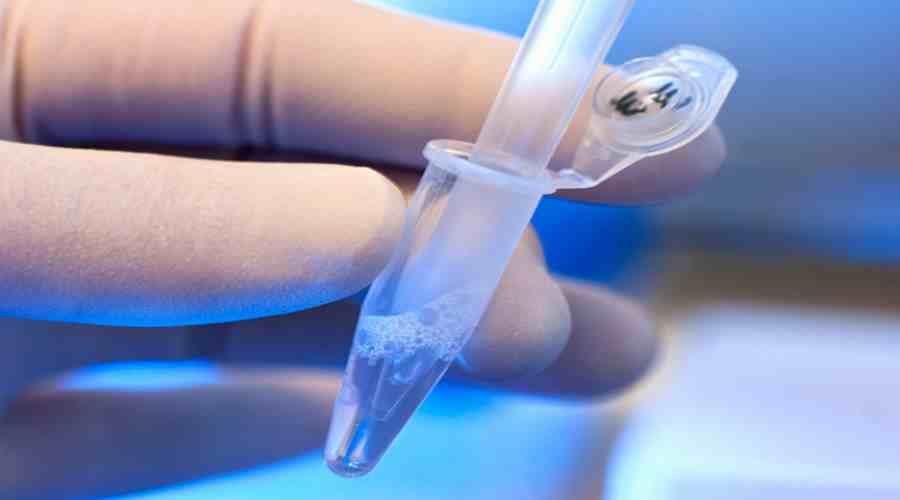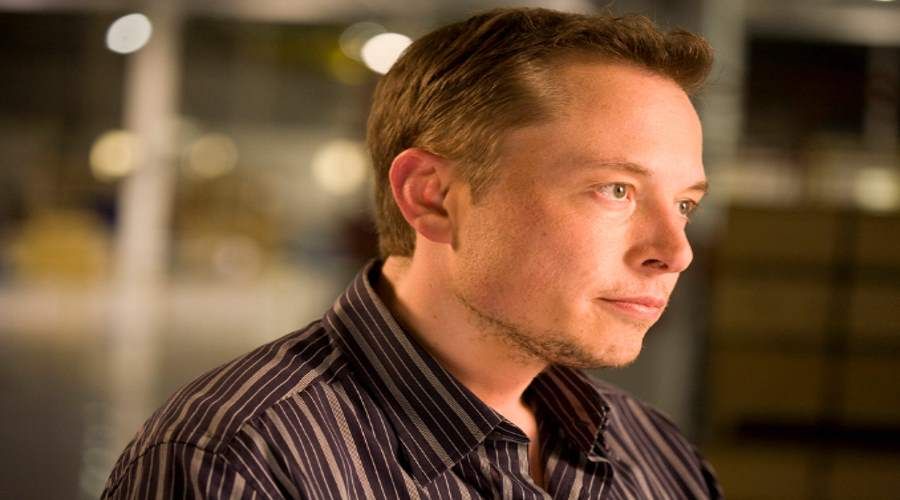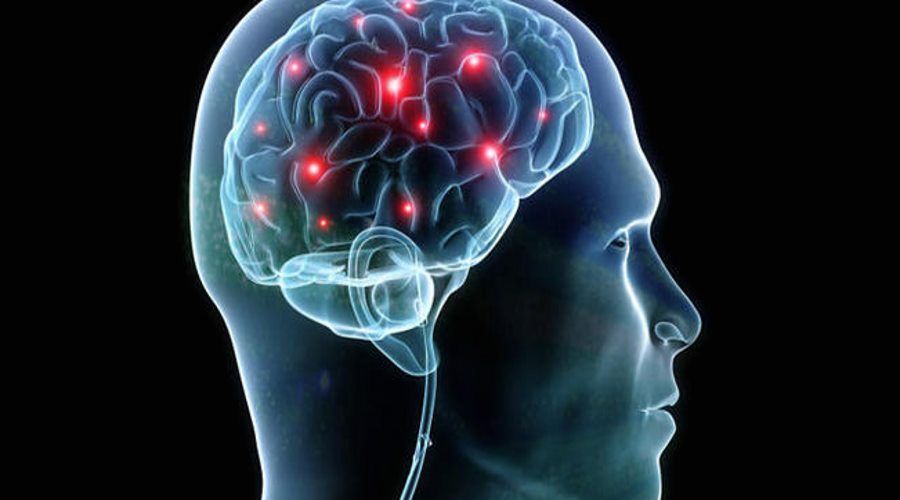
The master biological clock is hidden in our head
"The chief biological clock is hidden in our head"
All human internal organs are subject to diurnal rhythms, but the chief biological clock is hidden in our head, Warsaw psychiatrist Dr. Michal Skalski told PAP, commenting on the findings of this year’s Nobel laureates in medicine and physiology.
For explaining the mechanism in molecular rhythms controlling circadian rhythms in the body in the living Nobel Committee awarded in 2017. Nobel Prize in Medicine or Physiology. It was awarded to three American scientists, Jeffrey C. Hall, Michael Rosbash and Michael W. Young.
Head of the Sleep Disorders Treatment Clinic at the Psychiatric Clinic of Warsaw Medical University Dr. Michal Skalski explained that the internal biological clock is an adaptation mechanism of living organisms to the changing rhythms in the day and night. They are genetically determined, occur zar in unicom organisms rkowe as well as complex ones like the fruit fly ka or birds and mammals. The mechanism evolved as evolution progressed.
– Some re animals function according to whether it is light or dark. For example, rats and cats are more active at night,” added the specialist.
Dr. Skalski related that diurnal rhythms are subordinated to Also humans. Although partially liberated from this conditioning, because we are able to work at night and sleep during the day – at least some of the time and under certain circumstances.
– Man, however, still remains a slave to the rhythm in biological. They are subject to our internal organs, but the chief biological clock is hidden in our head – in the suprachiasmatic nuclei (part of the m zgowia corresponding in mammals behind behavioral and physiological biological rhythms) – Dr. Skalski said.
"The biological clock occurs in most organisms "
– The biological clock occurs in most organisms , and knowledge of how it works can e.g. pom c us in determining the probability of development of tictypes of tumors in whether to indicate the time of day in which rej are best absorbed by drugs,” said in an interview with PAP Dr. hab. Piotr Bębas of the University of Warsaw.
– The Nobel is definitely well deserved: at least for the past 10 years, all the time m e have seen and heard about the fact that there should be a Nobel Prize in chronobiology,” admitted Bêbas. As he added, opr cz tr jki awarded scientists in which ers have provided us with the most data on the biological clock in the fruit fly – the was selected for the Nobel Also Joseph Takahashi, a researcher at Northwestern Univeristy, who ry Nobel research tr jki salt on the level of mammalian .
– The biological clock occurs – with very few exceptions – in most organisms – explained Dr. Bêbas. – It is an evolutionarily conserved mechanism, i.e. Almost the same genes – or genes very similar – are found in most organisms. In animals, the genes responsible for the operation of the biological clock are almost identical. It looks a little different in plants and fungi in, although there are still similarities, he added.
One of the main nical causes , for which he reason why the biological clock receives so much attention is that the proteins produced by biological clock genes regulate the expression of other genes. – In the hierarchy of gen in the com rce they are very high. This means that the course of very many depends on them of the process in the com rkowe. They influence, for example. on the functioning of protooncogenes in, that is, such gen in, kt re easily undergo cancerous transformation. That is, in the organism in which re have a dysfunction of the biological clock the probability of developing cancer is much higher,” stressed the scientist.
Therefore, a lot of attention is paid to the field of research known as "light pollution" – ie "light pollution". – It is believed that if we constantly disrupt the functioning of our biological clock by staying in the light at times when the light should not be there – ie. at night – then we increase the likelihood of developing certain cancers , e.g. Breast cancer in women or cancer in the prostate in men,” he explained the conversation PAP reporter.
Another intensively explored recent topic related to the functioning of the biological clock is pr ba to determine at what times the body is more likely to be poisoned. – This is because under the control of the biological clock are genes responsible for detoxifying xenobiotics , i.e. the relationship in which re come from outside and poison the body. And this already has a direct bearing on the more effective use of drugs because at certain times of the day our body will metabolize drugs more intensively, and at other times much less,” added the researcher.
However, why is there a diurnal rhythm? – In order to carry out vital functions at the most favorable times. In other words, in order for an organism not to waste energy on counteracting unfavorable factors. Of course, we are aware of what is going on. However, imagine an insect that ry acts instinctively. Consequently, it is the clock that tells his body to be np. inactive at midday, when it’s too hot for it, the researcher found.
Debas stressed that while the Nobel laureates themselves do not go beyond the fruit fly in their research, their students extend this research to other organisms. – A perfect example is a former student of Mike's Young, Amita Seghal. Although she herself did not receive a Nobel Prize, she still makes a major contribution to the study of the rhythm of in biological, zar both in flies and in mammals in – admitted Dr. Bêbas.

